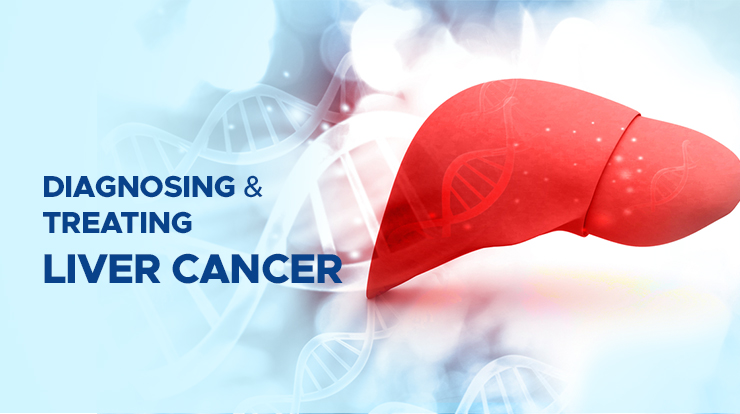
The liver is one of the largest organs found only in vertebrates. Responsible for performing over 500 hundred biological functions, it is known as an accessory digestive organ in the human body. Production of bile, synthesis of alkaline fluid containing cholesterol, breakdown of fat, detoxification of toxins, synthesis of proteins and biochemicals necessary for digestion and growth, etc., are some of the functions carried out by the liver daily. Other than these, it also aids in the metabolism, regulation of glycogen storage, decomposition of red blood cells, and production of hormones. The liver consists of two lobes and many small lobules. These small lobules are the functional units of the liver. But what will happen if these lobules stop functioning. The vitality of the liver supports every other organ in the body, but due to this multidimensional function, it is also prone to many diseases. This usually occurs in end-stage liver diseases. One of the most common types of end-stage liver diseases is liver cancer. Liver cancer is an abnormal cell that grows too quickly, providing less space for normal cells. Let us discuss liver cancer symptoms and treatment protocols of liver cancer in detail.
Abnormal growth of liver cells is known as liver cancer. These abnormal cell growths invade the space and functioning of the normal cells, affecting the overall functioning of the liver. Liver cancer can be classified in two ways. Primary liver cancer and secondary liver cancer. Primary liver cancer is the one that starts in the tissue of the liver. The one that starts at other places except for the liver and is moved to the liver is secondary liver cancer. The most common type of liver cancer is primary liver cancer, which is also known as hepatocellular carcinoma. Both primary and secondary liver cancer starts with scarring and damage to the associated liver tissue.
The most common problem of difficulty associated with liver cancer symptoms is late manifestation. Manu end-stage stage liver diseases, including liver cancer, do not show any signs or symptoms in their early stages. When the patient visits a professional for a regular checkup or slight uneasiness that the doctor may find lumps in the liver, below the ribcage side of the abdomen or the liver may be swollen. Along with that patient may be diagnosed with jaundice. Unexplained weight loss, nausea, vomiting, loss of appetite, fatigue, colour changes in urine, or bloating may be evident in these patients.
Different tests and procedures diagnose and confirm these end-stage liver diseases. The patient has to undergo several blood tests to reveal liver functional abnormalities, several imaging tests such as ultrasound, MRI, and CT scans are also recommended. Other than these, liver tissue biopsy can also be done for a confirmed diagnosis.
Before jumping to your treatment plan, many factors should be considered. Stage and extent of the liver diseases, the liver’s health, the overall health of the patient, type of cancer, etc., all should be taken under consideration. All these leave a major impact on the treatment protocol and planning. Treatment is always possible, but the difficulty level should be assessed. The primary treatment modalities include chemotherapy, radiotherapy, thermal ablation, and targeted medicines. All these are noninvasive approaches to treating liver cancer. If cancer has extended further, many invasive treatment modalities can opt.
For e.g., surgical resection, liver transplantation, and microwave or radiofrequency ablation. Surgical removal usually involves removing the damaged portion of the liver or cancerous tissue. If the tumour is small and the liver can function, then liver resection may be the ideal treatment for such patients. Other than this Liver Transplant in India surgery, the diseased liver is removed and replaced with a new one. The new liver can be taken from anyone, a deceased or a living person.
Depending on the situation to treat liver cancer, different doctors can be involved in your treatment team. A surgical oncologist, a radiation oncologist, a medical oncologist, a gastroenterologist, and an interventional radiologist can be present on your team. Other than this, different programs and services may be helpful and are important for the patient’s care. Liver cancers are treatable but pose a different difficulty when in the fatal stage. Many researchers and professionals are working daily to find more effective treatments. So stay healthy because this gift of health keeps you alive.


